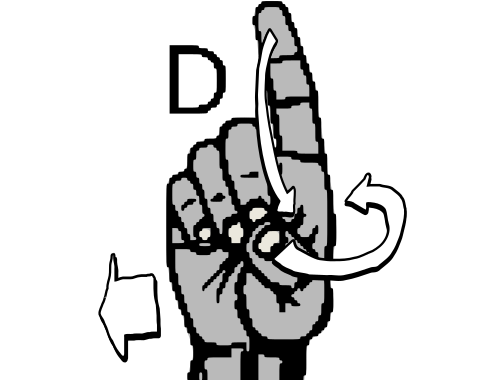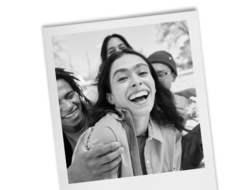Having a disability doesn’t mean not having sexuality, but you’d never know that from the messaging out there. Here’s sex, relationships and bodies information for people with a range of disabilities, from neurodiversity to chronic illness to mobility or cognitive disability. Nothing about us without us: our disability information is almost always written by people with disabilities themselves.
Disability

Highlighted content
I’m 23, and grew up in a relatively conservative environment. I’m Black and adopted, live in a rural community, had catholic school education for 14 years, and am chronically ill with Crohn’s Disease...
I really want to have sex, but I don't know how, and I'm queer, chronically ill and isolated.
- Kelli Dunham RN BSN
Articles and Advice in this area:
- Heather Corinna
First things first: when something hurts, that really is your body’s way of telling you that IT wants whatever it is to STOP. So, next time? If it hurts? Press pause. Manual sex really shouldn’t hurt – nor should it just be something one gets used to: sex should feel GOOD – and if it did hurt a…
- Heather Corinna
Am I blue? Find out what “blue balls” are really all about: the facts may surprise you.
- Clare Sainsbury
There is really only one thing that you need to know about sex and disability: Disabled people have sex, too.
- Heather Corinna
Some people experience great pain or discomfort with vaginal sex or other kinds of vaginal entry that’s not about hymens, lack of arousal or lubrication, or rough partners, but about a health condition known as vaginismus.


